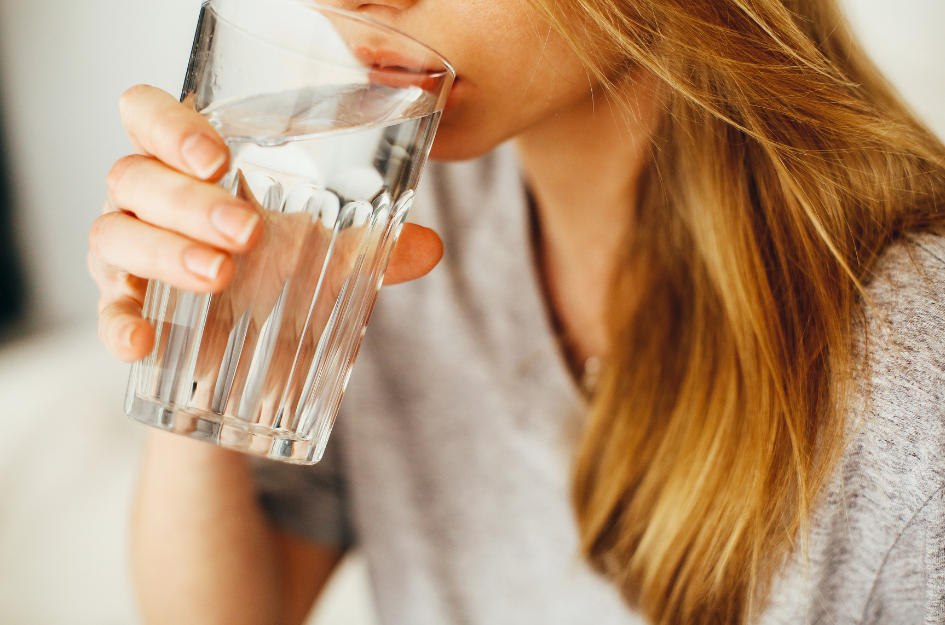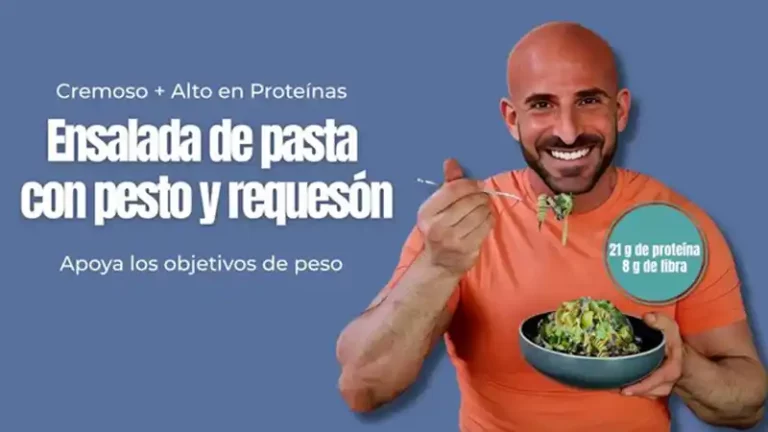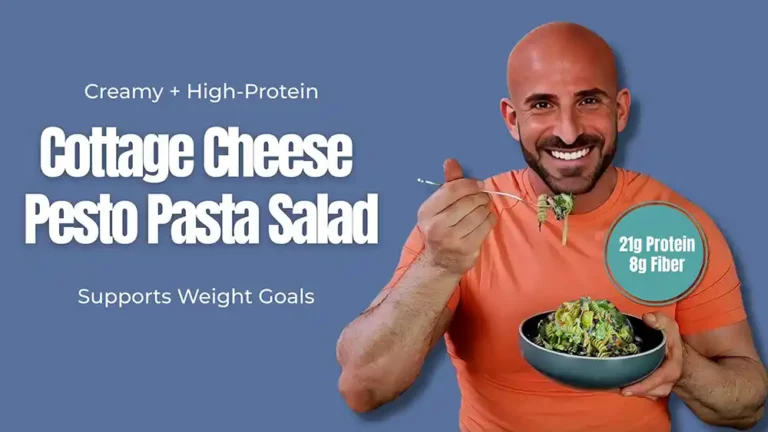According to a study published in The American Journal of Clinical Nutrition, water isn’t the most hydrating drink you can find contrary to what you’ve been told. As a personal trainer and avid gymrat, I can’t tell you how many times I’ve seen people lugging full gallons of water around the gym and other various places, on an unstoppable mission to finish the entire thing before the day’s end. However, according to the study, which compared the body’s hydration response to different fluids, there may be a better alternative to this.
Don’t get me wrong, the research did show that water of all types is indeed still an efficient way to hydrate, but it also showed that drinks with a little bit of sugar, fat or protein is an even better option to keep the body hydrated for longer. Why is this? It’s actually a simple concept. When you drink water, which has nothing to break down as water is just water, the stomach empties rather quickly. However, when the stomach has other nutrients in it to break down (such as fat or protein), the stomach empties into the rest of the digestive system much slower. This slow emptying provides the rest of the body with fluid over a more extended period of time since it sits in your system for longer. Thus, longer hydration which also means you probably don’t have to drink as often to stay hydrated as you would with water.
One beverage used that is of particular interest is milk. This is because milk contains all three macronutrients in significant amounts. It has carbs from the sugar lactose, milk fat and high quality protein. Milk also has sodium which helps the body to hold onto water for longer meaning less trips to the bathroom which also means longer hydration. This is why elite athletes drink sports drinks with sodium added — to keep them hydrated throughout competition when they simply aren’t able to stop and drink every 15 minutes. An additional benefit to the fitness and athletic world to drinking milk for hydration is, if you have some milk post-workout, the protein and carbs give some high quality protein to help build and maintain muscle which is excellent for both a fast metabolism and increased strength for gymgoers and athletes.
So there you go. Since macronutrients carbs, fat and protein also provide calories, it’s important to know that just because a drink isn’t calorie free does not mean it can’t be useful in helping you meet your hydration goals for the day. However, be warned. If a beverage has too much added sugar, like sodas and energy drinks, it can be harmful for hydration. How? Well, the intestines don’t respond well to sugar in high amounts and when too much sugar is present in the gut, the intestines pull water from the body into the gut to dilute the sugar and help normalize the gut chemistry. In doing so, when water is pulled from the body, that is the definition of dehydration. Therefore, consume high sugar drinks with caution if hydration is your goal.
So, what about caffeinated drinks? How do they measure up? Well, it depends. A rule of thumb is that caffeinated drinks like coffee and tea only cause you to lose fluid if you consume more than 300mg at a time. Three hundred milligrams of caffeine, however, is only equal to about 2-4 cups of coffee and 6-12 cups of green tea. A regular old tall, 12 ounce coffee only has about 80-100 milligrams and research shows would be about as hydrating as water. So, as long as you watch your consumption, coffee and tea can absolutely contribute to your fluid goals.
To read much more about fitness and sports nutrition, visit Destini’s blog, The Athlete’s Dietitian.






